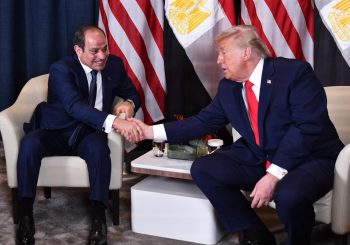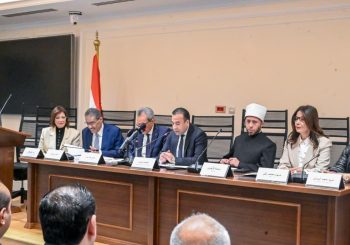Lebanon’s health ministry has confirmed that at least two people were killed, and 76 others injured, in a powerful Israeli airstrike on Dahieh, a Hezbollah stronghold in southern Beirut.
The attack, which took place around 18:20 local time, caused multiple large blasts that echoed across the city, marking one of the most intense strikes in recent weeks of escalating conflict.
Israeli media reports Hezbollah leader Hassan Nasrallah may have been the target of the strike.
Lebanese authorities warned that the death toll is expected to rise as rescue teams continue to search the rubble at the site of the attack. The densely populated neighborhood of Dahieh has been a frequent target in Israel’s ongoing military campaign against Hezbollah, which began following the 7 October Hamas attack on Israel. Initial reports suggest widespread destruction in the area.
Nasrallah Targeted
Israeli media reported that the strike involved 2,000-pound bunker-buster bombs dropped by Israeli F-35 jetfighters. The Israel Defense Forces (IDF) later confirmed that the attack targeted Hezbollah’s central headquarters, which the IDF claims was intentionally built beneath residential buildings in the Dahieh suburb. Rear Admiral Daniel Hagari, IDF spokesman, stated that the strike was part of Israel’s effort to protect its citizens from Hezbollah, which he described as using civilians as human shields.
Israeli media outlets speculated that Hezbollah leader Hassan Nasrallah may have been the target of the strike. However, sources within Hezbollah, as reported by AFP, Reuters, and other local media, have confirmed that Nasrallah is alive and safe. Sky News Arabia, citing Lebanese sources, conversely said that authorities have been unable to contact Nasrallah.
Israel has not officially commented on whether Nasrallah was the intended target.
The airstrike comes amid a broader Israeli campaign in Lebanon, which has already claimed more than 700 lives since Monday, including at least 25 since dawn today. The offensive has drawn widespread condemnation from global leaders, although Israel has dismissed calls for a ceasefire. Prime Minister Benjamin Netanyahu, who cut short his trip to the US to return to Israel, has remained defiant, vowing to continue operations against Hezbollah and Hamas.
In a speech to the United Nations General Assembly earlier, Netanyahu compared the 7 October Hamas attacks on Israel to the Holocaust and warned that Iran and its proxies, including Hezbollah, would not be safe from Israeli retaliation. He reiterated Israel’s determination to defeat both Hamas and Hezbollah and eliminate the threats they pose to Israeli citizens.
The strike on Dahieh is part of a broader campaign by Israel to neutralize Hezbollah, a militant group aligned with Iran that has been involved in numerous conflicts with Israel since the 1980s. Hezbollah’s involvement in the current fighting was triggered by the 7 October Hamas-led attacks, and the group’s ongoing rocket assaults on northern Israel have intensified the conflict.
This escalation has prompted fears of a wider regional war, with civilian casualties continuing to mount. The strikes on Lebanon have caused significant destruction and displacement, further destabilizing the already fragile political and social landscape of the country.







Comments (0)